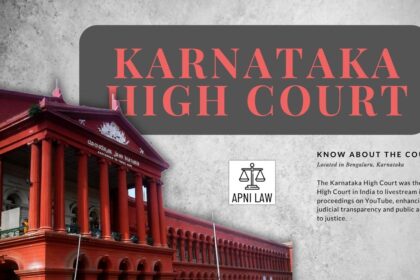Code
1[265D. Report of the mutually satisfactory disposition to be submitted before the Court.— Where in a meeting under section 265C, a satisfactory disposition of the case has been worked out, the Court shall prepare a report of such disposition which shall be signed by the presiding officer of the Court and all other persons who participated in the meeting and if no such disposition has been worked out, the Court shall record such observation and proceed further in accordance with the provisions of this Code from the stage the application under sub-section (1) of section 265B has been filed in such case.]
Explanation
This section allows for the reporting of amicable settlements reached between the parties involved in a criminal case. When the parties have resolved their issues outside the court and come to a mutually acceptable agreement, the court can record this disposition. This can be done even if the case has already been committed for trial.
Illustration
Consider a case of theft where the accused and the victim agree to settle the matter. The accused agrees to return the stolen property and pay compensation to the victim. The court, upon being informed of this settlement, can record the mutually satisfactory disposition and dispose of the case accordingly.
Common Questions and Answers
Q: What are the types of cases where Section 265D can be applied?
A: This section can be applied to various cases, including:
Property offences (theft, robbery, etc.)
Personal offences (assault, defamation, etc.)
Breach of trust offences
Other offences where a settlement is possible and in the interest of justice.
Q: Who can report the mutually satisfactory disposition?
A: The parties involved in the case, their lawyers, or the court itself can report the mutually satisfactory disposition.
Q: Does the court have to accept the settlement?
A: The court has the discretion to accept or reject the settlement. The court will consider factors like the nature of the offence, the interests of justice, and the public interest before making a decision.
Q: What happens if the court accepts the settlement?
A: The court will record the settlement and dispose of the case accordingly. This may involve the discharge of the accused, the imposition of a fine, or other suitable orders based on the terms of the settlement.
Q: Is the settlement binding on the parties?
A: Yes, the settlement is binding on the parties, and they cannot later go back on their agreement.







